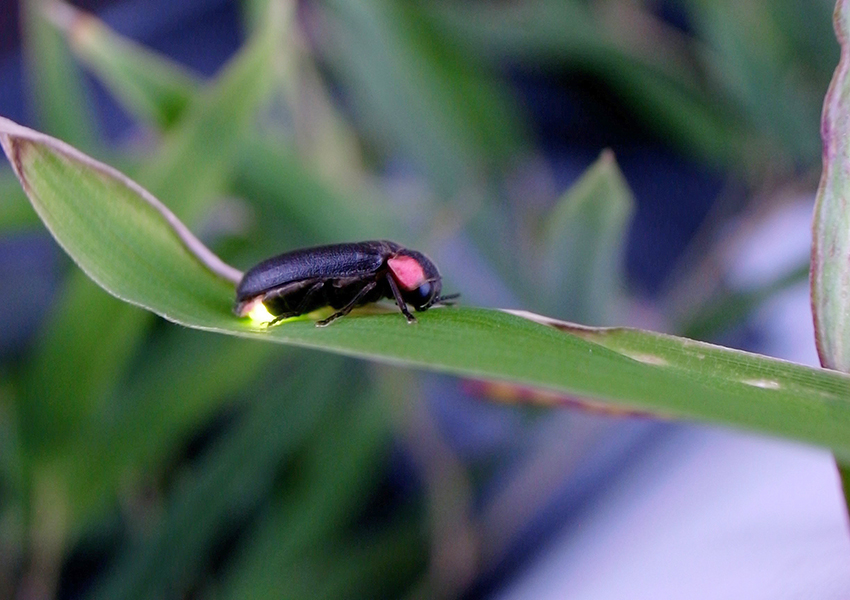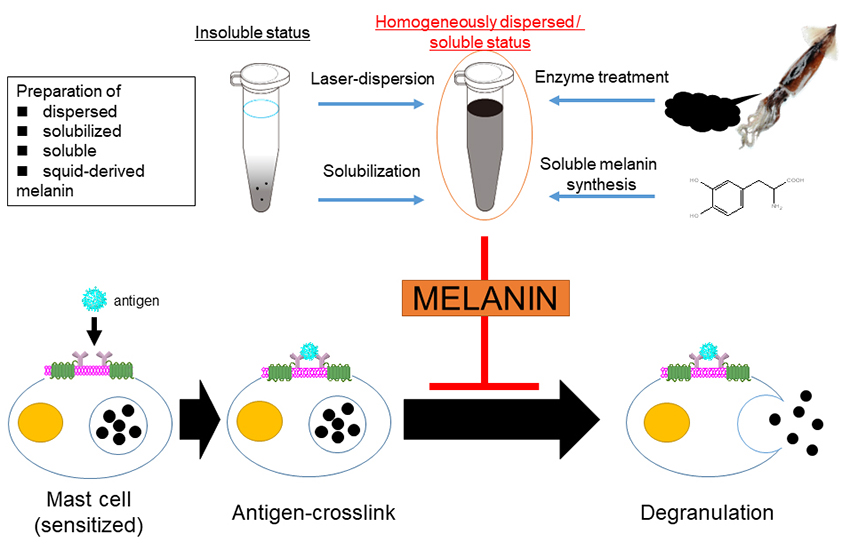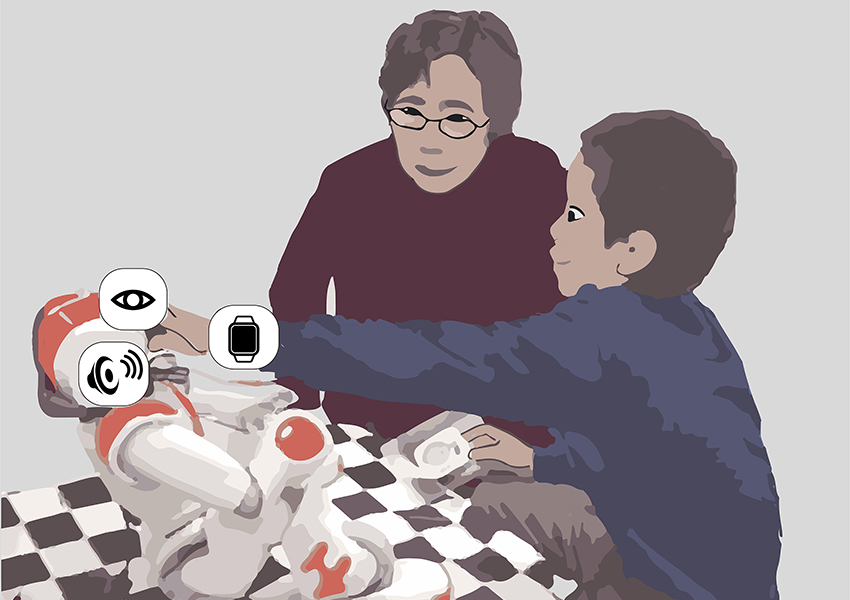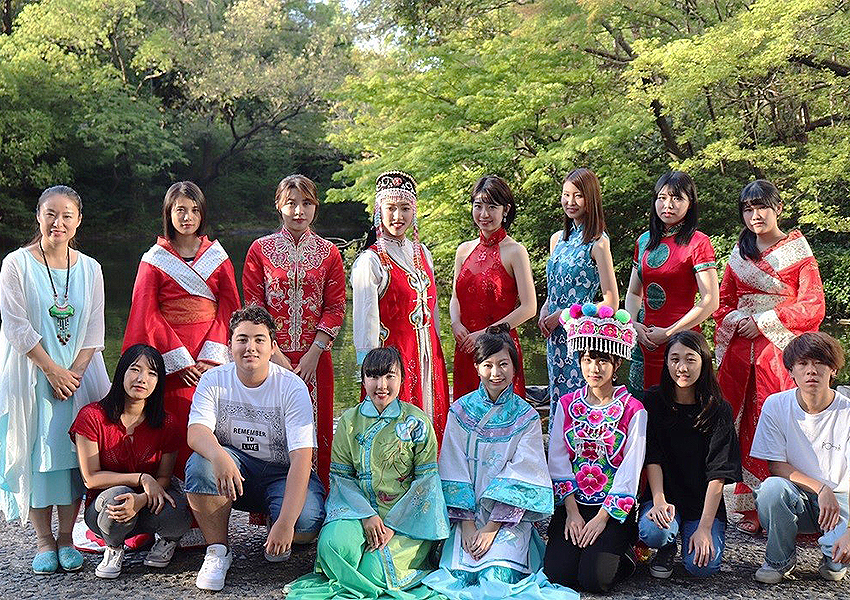1. From fireflies to cockroaches: Unraveling the functions of living organisms by molecular genetics

The Department of Applied Biology is unique in the wide range of organisms used in research. Professor Yuichi Oba, who specializes in luminescent organisms, decoded the entire genome of fireflies and found that the luminescent fish, Parapriacanthus ransonneti, steals luminescent enzymes from its prey, the sea firefly. Through joint research, he has elucidated the glowing mechanism found in ragworms, and has also found a new species of glowing organism in an underwater cave.
Associate Professor Koichi Hasegawa’s research specializes in sanitary pests and parasites. He has attracted attention for developing a method to exterminate cockroaches by destroying their genes. He has also unraveled the mechanism by which marigolds kill soil-borne nematodes. A new nematode species that he discovered inside the body of a cockroach has been named the “Chubudaigaku.”
2. Contributing to medicine and the enhancement of health through life sciences and physics

The College of Life and Health Sciences is home to not only life and medical scientists, but also to physicists. Associate Professor Yoshiyuki Kawamoto and his colleagues have shown that melanin, the main component of squid ink, has the potential to suppress the symptoms of hay fever and food allergies. They are now exploring possible medical applications for their findings.
Assistant Professor Satoru Iwata and his colleagues have developed a simplified method for editing the genome of animal embryos, a process which used to require very skilled techniques. As a result, they have been able to create the world’s first mouse with a specific chromosome modification. It is hoped that diseased mice created using this method will be useful in the research of medical treatments. In other research, biophysicist and Assistant Professor Seine Shintani and his colleagues, in collaboration with the University of Tokyo and other institutions, have developed an elaborate mathematical model of the heart’s movement.
3. Promoting AI research that will support society

Artificial Intelligence (AI) is another area of research that Chubu University is giving great attention. Dr. Jaeryoung Lee, senior assistant professor in the Department of Robotic Science and Technology, is working on AI robots responding to humans’ emotional status. She aims to develop a robot that can assist therapists in the treatment of children with autism.
Additionally, Professor Hironobu Fujiyoshi in the Department of Robotic Science and Technology, along with Associate Professor Takayoshi Yamashita of the Department of Computer Science and others are working on technology to increase the reliability of AI for automated driving.
4. An expanse of fieldwork conducted in archaeology and cultural anthropology

Archaeologist and Associate Professor Shin’ichi Nishiyama of the College of Humanities conducts archaeological research in western Asia. In 2019, he attracted attention for the discovery of a bronze necklet with a cuneiform inscription dating back to around 800 B.C.E. The piece was found at Yasin Tepe in the Kurdistan Region of Iraq.
Zong Ting Ting, a cultural anthropologist, professional musician, and senior assistant professor in the College of International Studies, lives and works with ethnic minorities and traces back through China’s long history to investigate the changes in music and people’s lives, as manifested in their ethnic groups. As part of her teaching curriculum from 2007-2018, she organized fashion shows, which paraded traditional dress worn throughout Chinese history.

